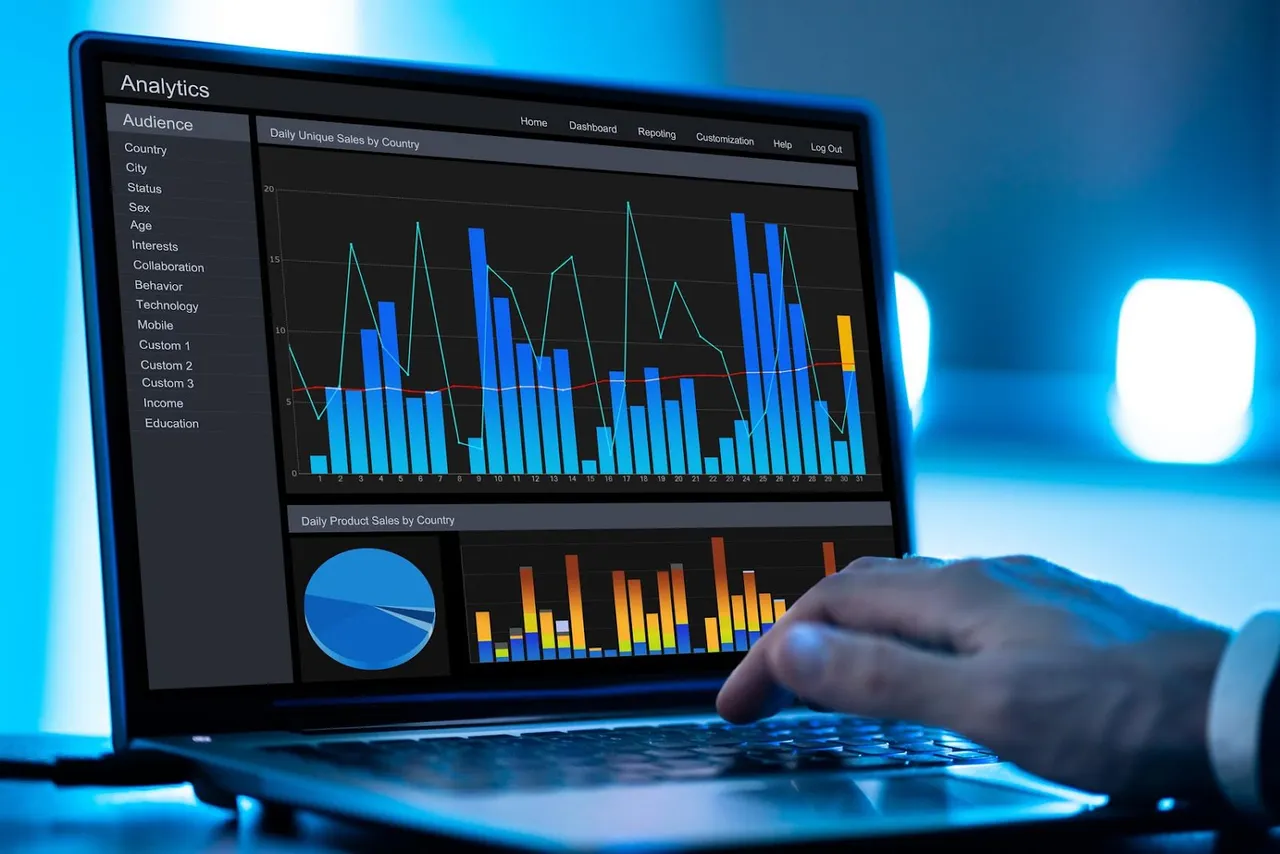In the fast-paced world of digital marketing, data analytics plays a crucial role in helping businesses make informed decisions and optimize their strategies. By collecting and analyzing data from various marketing channels, businesses can understand customer behavior, track campaign performance, and uncover valuable insights to drive growth. To build a strong foundation for your strategies, explore What is Digital Marketing: A Complete Guide for Businesses and gain insights into its key components.
Why Is Digital Marketing Data Analytics Important?

-
Improves Decision-Making
Data analytics enables marketers to make data-driven decisions rather than relying on assumptions. You can identify which campaigns are delivering the best results and which need adjustment. -
Enhances Customer Experience
By analyzing customer data, you can understand your audience’s preferences and pain points, allowing you to tailor marketing efforts and improve the overall customer journey. -
Boosts ROI
Tracking performance metrics such as conversion rates, customer acquisition costs, and return on ad spend (ROAS) helps businesses optimize their marketing budget, allocate resources more efficiently, and increase ROI. -
Personalization
Data analytics allows marketers to segment their audience more effectively and create personalized marketing messages, increasing the likelihood of engagement and conversions.
How to Leverage Digital Marketing Data Analytics

-
Set Clear Goals and KPIs
Before diving into data analysis, define your marketing objectives and the key performance indicators (KPIs) that will measure your success, such as website traffic, conversion rates, or lead generation. -
Utilize Analytical Tools
Leverage tools like Google Analytics, HubSpot, or SEMrush to gather insights into user behavior, website traffic, and campaign performance. Use these insights to adjust strategies in real time. For businesses exploring advanced marketing channels, affiliate marketing insights found in What is Affiliate Marketing can offer additional guidance. -
Analyze Customer Data
Dive deep into customer data to understand purchasing patterns, demographic preferences, and behavior. Tools like CRM systems and customer data platforms (CDPs) can help you organize and analyze this information for better-targeted marketing campaigns. -
A/B Testing and Experimentation
Constantly test different elements of your marketing campaigns (ad copy, landing pages, emails) to see what resonates with your audience. Data from A/B testing allows you to optimize campaigns for better results. -
Predictive Analytics
Use predictive analytics to forecast future trends, customer behavior, and market demand. This helps in proactive planning and improves long-term marketing effectiveness.
Conclusion
Digital marketing data analytics is a powerful tool for businesses looking to optimize their strategies, improve customer experiences, and maximize ROI. By setting clear goals, using the right tools, and continuously analyzing performance data, you can make smarter decisions and stay ahead of the competition in the digital marketing landscape.













